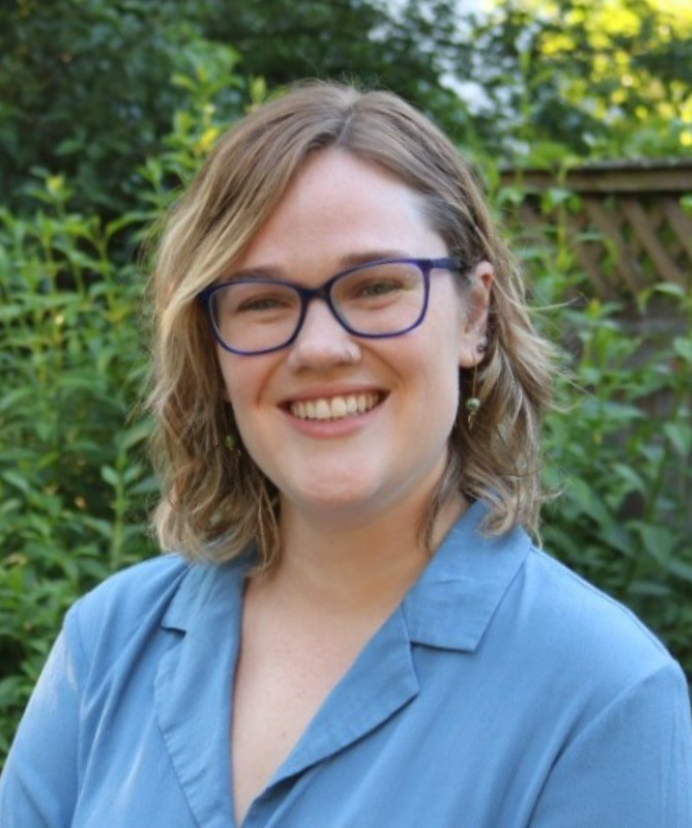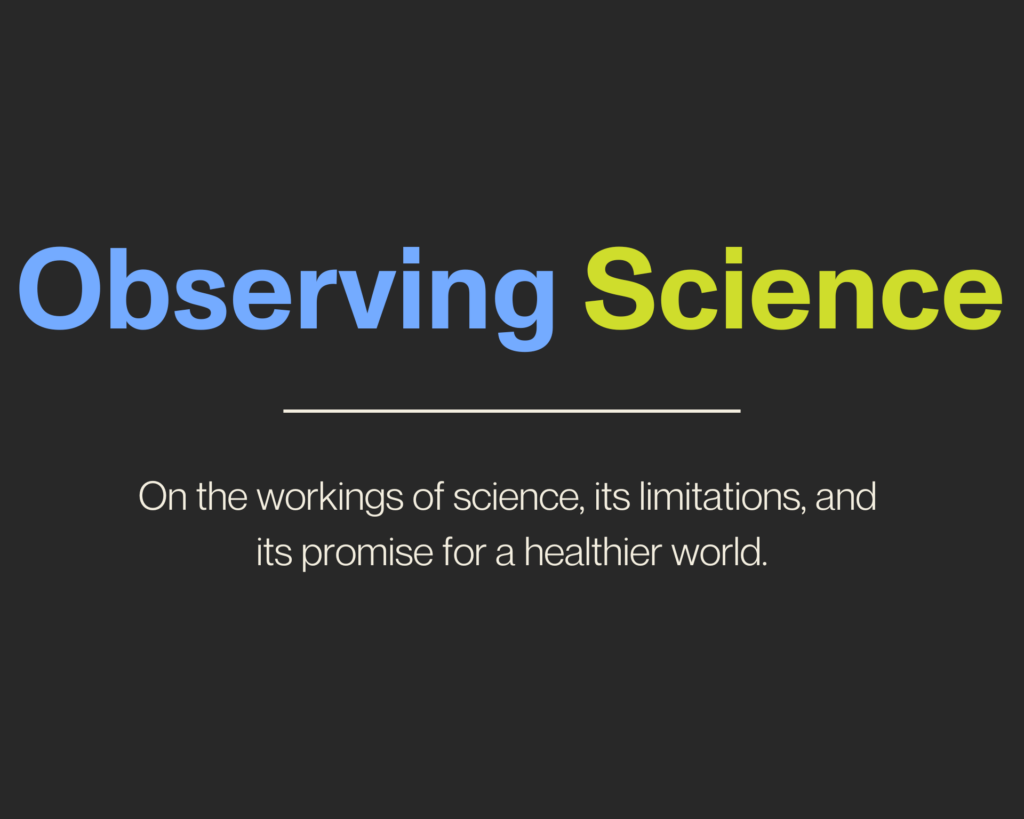Are You Smarter than Your Doctor?
Deductibles, coinsurance, copays, and out-of-pocket maximums can turn predicting medical costs into a multi-step logic puzzle.

Read Time: 2 minutes
Published:
You are at the doctor’s office. She recommends a new medication and gives you an estimate of what it might cost. Then the pharmacist rings you up for twice the price. What do you do?
Unexpected costs riddle the U.S. health care system. Deductibles, coinsurance, copays, and out-of-pocket maximums can turn predicting medical costs into a multi-step logic puzzle. And the rules keep changing. Prescription drug prices vary over the course of the year depending on deductible schedules. Health care prices and cost-sharing requirements have increased dramatically over the last two decades. And the average annual premiums for family coverage have risen 55% in the past 10 years alone. Is it any surprise that one-third of U.S. residents struggle to pay their medical bills?
Physicians can’t solve this puzzle for their patients. Caroline Sloan and colleagues gave 371 physicians insurance information for a hypothetical patient and asked them to estimate prescription expenses. They asked four questions that tested how the out-of-pocket cost of the drug would change as different parts of her insurance came into play. For example, in Question 1 (January) she had not met her deductible and paid the drug’s full price, but by Question 4 (December) she would have met her out-of-pocket maximum and would pay nothing for the drug.
Most physicians struggled to accurately estimate her out-of-pocket expenses. The graph shows that over 70% of the physicians surveyed correctly answered at least two of the questions. And only 21% got all four questions right.
In December 2020, Congress passed the No Surprises Act to increase price transparency for patients. One stipulation requires physicians to make a “good faith estimate” of medical costs with patients. Almost 75% of physicians surveyed by Sloan’s team agreed that they are responsible for estimating costs for patients. Yet this study showed that these estimates proved challenging. The authors suggest insurance companies simplify their cost-sharing mechanisms.
Databye via Sloan CE, Millo L, Gutterman S, Ubel PA. Accuracy of Physician Estimates of Out-of-Pocket Costs for Medication Filling. JAMA Network Open. 2021.



